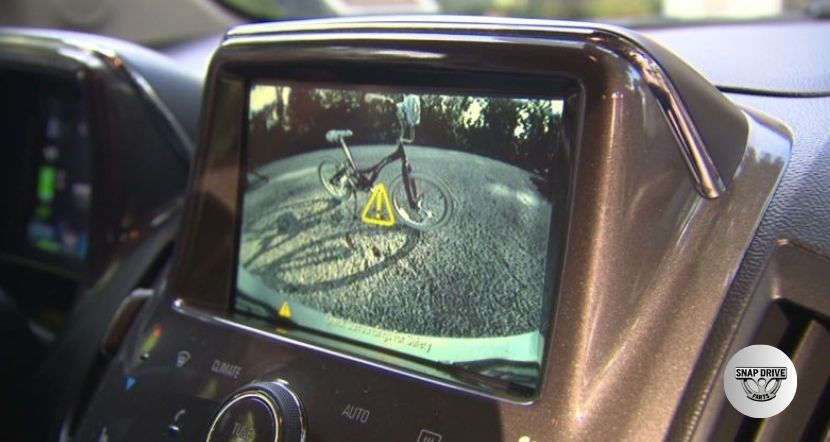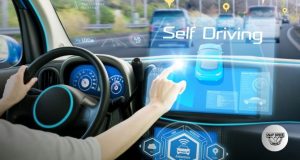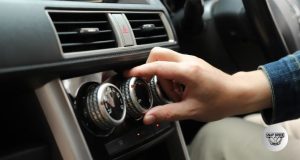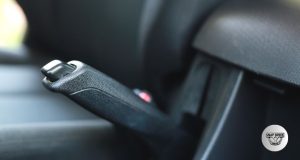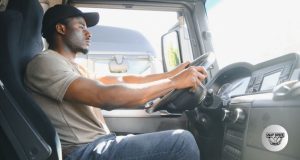Last Updated on October 16, 2025 by Aaron Blake
Have you ever felt nervous backing up your car, worried about what you might not see? Rearview cameras are changing the way you drive by giving you a clear view of what’s behind your vehicle.
This simple technology can protect you, your loved ones, and others on the road. Imagine avoiding accidents, saving money on repairs, and gaining peace of mind every time you reverse. Keep reading to discover exactly how rearview cameras improve safety and why they should be a part of your driving routine.
Contents
Enhanced Rear Visibility
Rearview cameras help drivers see what is behind their vehicle. This improves safety by reducing accidents and collisions.
These cameras show a clear image on a screen inside the car. This helps drivers make better decisions when reversing or parking.
Eliminating Blind Spots
Rearview cameras cover areas that mirrors cannot show. They reveal objects and people hidden in blind spots.
- Show obstacles low to the ground
- Display the full width of the rear area
- Help spot children or pets behind the vehicle
- Assist in tight parking spaces
Clearer View In Low Light
| Feature | Benefit |
| Night vision cameras | Better visibility in darkness |
| Infrared lighting | Highlights objects in shadows |
| Wide-angle lens | Captures more area even in poor light |
Rearview cameras use technology to improve vision in low light. This reduces the risk of accidents at night or in dim places.
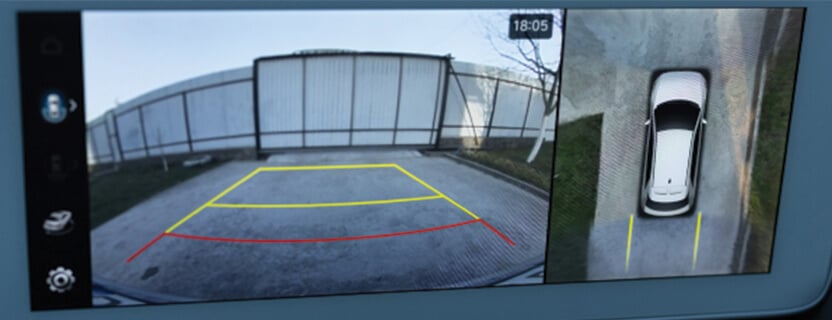
Credit: www.edge-ai-vision.com
Accident Prevention
Rearview cameras help drivers see what is behind their vehicle. This technology lowers the chance of accidents while reversing.
With clear views of blind spots, drivers can avoid dangerous situations and protect pedestrians and property.
Avoiding Collisions With Pedestrians
Rearview cameras give drivers a clear view of people behind the car. This helps spot pedestrians who might be hard to see.
Drivers can stop quickly if someone walks behind the vehicle. This lowers the risk of hitting pedestrians in parking lots or driveways.
- Improves visibility in blind spots
- Alerts drivers to moving pedestrians
- Helps avoid accidents in crowded areas
Reducing Backing Accidents
Backing up is a common cause of car accidents. Rearview cameras give a wide-angle view behind the vehicle.
Drivers can see obstacles like other cars, poles, or walls. This prevents collisions and damage while reversing.
- Shows objects directly behind the car
- Reduces blind spots when reversing
- Makes parking easier and safer
Parking Assistance
Rearview cameras help drivers park more safely and easily. They give a clear view behind the vehicle. This reduces the chance of hitting obstacles or other cars.
These cameras are very useful in tight parking spots. They make parking less stressful and help prevent accidents.
Simplifying Parallel Parking
Parallel parking can be hard for many drivers. Rearview cameras show the space behind the car. They guide the driver to fit into tight spots smoothly.
- Clear view of the curb and other vehicles
- Helps judge the distance to the sidewalk
- Reduces blind spots during parking
- Assists in aligning the car with the parking space
Guidelines And Distance Alerts
Rearview cameras often include colored guidelines on the screen. These lines show the car’s path. Distance alerts warn drivers when they get too close to objects.
| Guideline Color | Meaning | Distance |
|---|---|---|
| Green | Safe zone | More than 3 feet |
| Yellow | Be cautious | 1 to 3 feet |
| Red | Stop immediately | Less than 1 foot |
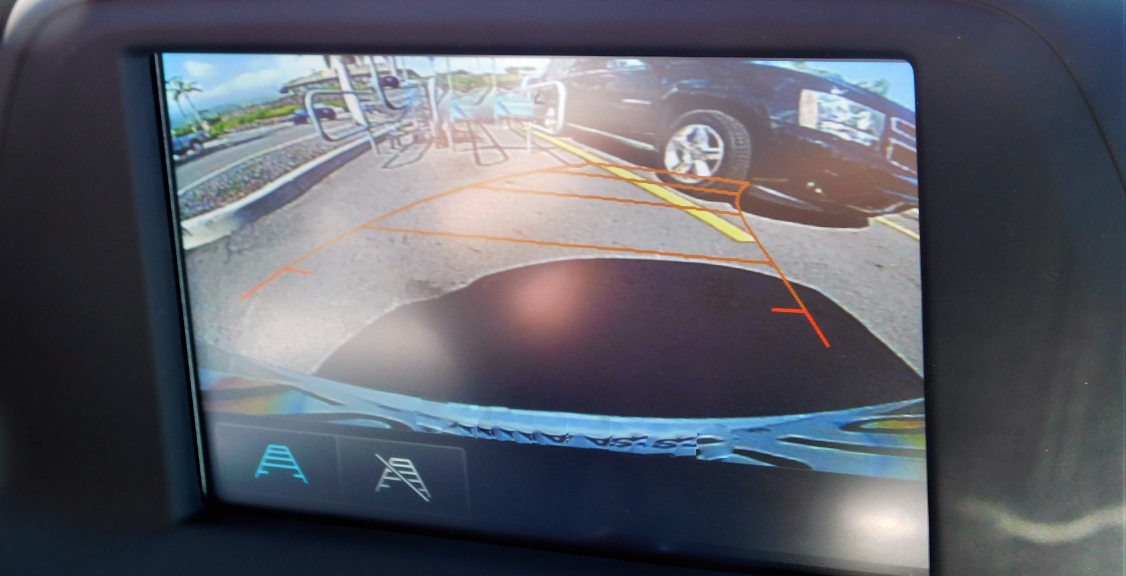
Credit: www.geosavi.com
Integration With Advanced Safety Systems
Rearview cameras are key parts of modern vehicle safety. They do more than show what is behind. These cameras link with other systems to improve safety.
By working with sensors and alarms, rearview cameras help drivers avoid accidents. They give clear views and alert drivers to dangers.
Combining With Sensors And Alarms
Rearview cameras often work with sensors and alarms to warn drivers. These parts work together to spot objects and alert the driver quickly.
- Ultrasonic sensors detect objects near the car.
- Radar sensors track moving objects behind the vehicle.
- Audible alarms warn the driver of nearby obstacles.
- Visual alerts on the screen highlight risks in real time.
This teamwork helps drivers park safely and avoid collisions in tight spaces. It also aids in spotting pedestrians and small objects.
Future Trends In Rearview Technology
Rearview camera technology will keep improving. New features will make driving safer and easier.
| Trend | Description |
| 360-degree Views | Combine multiple cameras for a full surround view. |
| AI Object Detection | Use artificial intelligence to recognize people and animals. |
| Augmented Reality | Overlay guidance lines and warnings on the screen. |
| Night Vision | Improve visibility in low light with infrared cameras. |
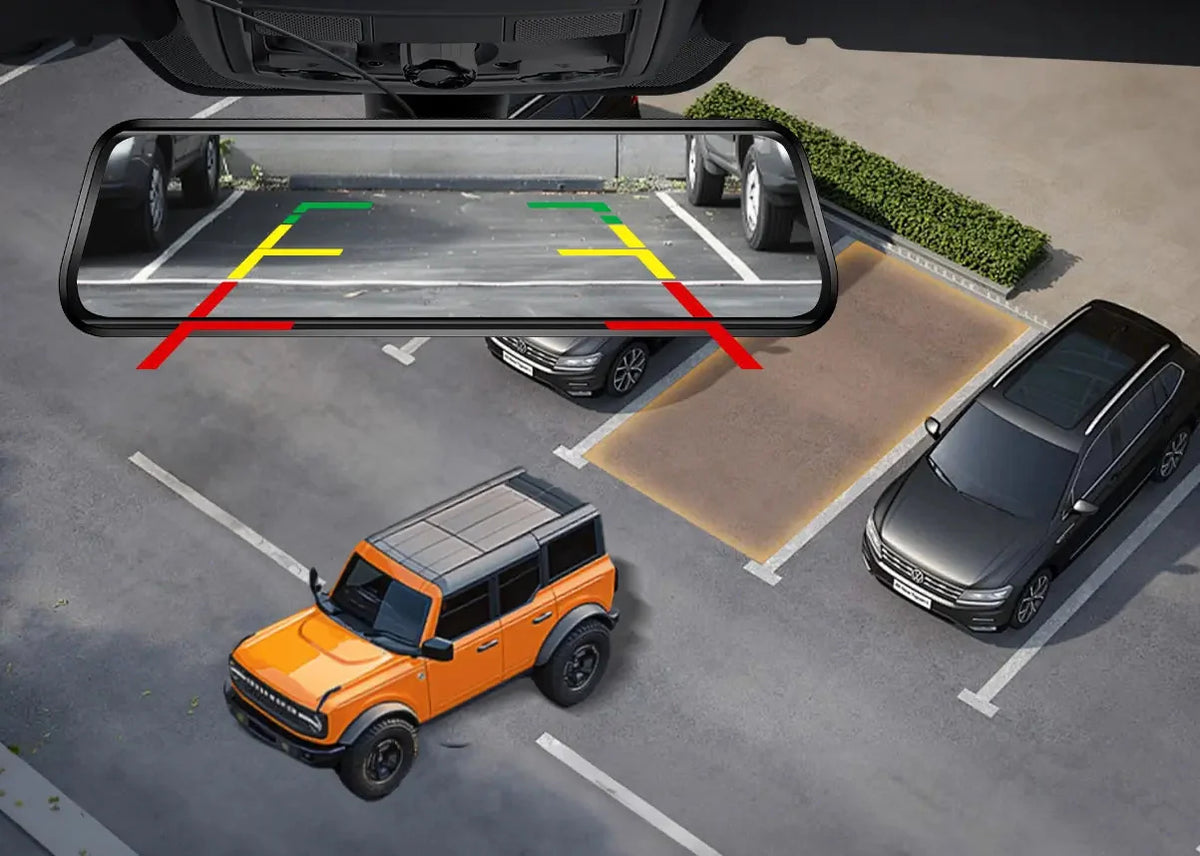
Credit: wolfbox.com
Frequently Asked Questions
How Do Rearview Cameras Help Prevent Accidents?
Rearview cameras show clear views behind the car, helping drivers spot obstacles and avoid collisions.
Can Rearview Cameras Improve Parking Safety?
Yes, they give a better view of parking spaces, reducing the risk of hitting objects or other cars.
Do Rearview Cameras Work Well In Bad Weather?
Most cameras have features like night vision or water resistance to work in rain or low light.
Are Rearview Cameras Useful For Larger Vehicles?
They are especially helpful for trucks and SUVs by reducing blind spots and improving rear visibility.
How Do Rearview Cameras Assist With Pedestrian Safety?
Cameras help drivers see people behind the vehicle, lowering the chance of accidents with pedestrians.
Conclusion
Rearview cameras help drivers see what is behind them clearly. They reduce blind spots and prevent accidents. Drivers can park more easily and avoid hitting objects or people. These cameras give extra safety for everyone on the road. Using them can save lives and lower repair costs.
They make driving less stressful and more confident. Safety improves with every trip you take. Rearview cameras are a smart choice for safer driving.

